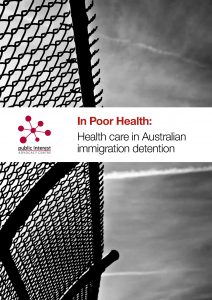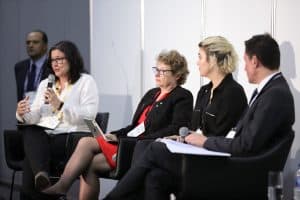 Managerial representatives of Dreamworld appeared at the second week of the inquest into the deaths of four patrons at the Australian theme park in 2016. The week ended with Dreamworld’s parent company Ardent Leisure advising the Australian Securities Exchange of the departure of the current Chief Executive Officer, Craig Davidson. So what does this all mean?
Managerial representatives of Dreamworld appeared at the second week of the inquest into the deaths of four patrons at the Australian theme park in 2016. The week ended with Dreamworld’s parent company Ardent Leisure advising the Australian Securities Exchange of the departure of the current Chief Executive Officer, Craig Davidson. So what does this all mean?
Safety Management
Early last week, Dreamworld’s former safety manager, Mark

 Safe Work Australia’s
Safe Work Australia’s 
 On June 5 2018,
On June 5 2018, 
 With little surprise, at the Australian Labor Party (ALP) Conference in Victoria on 26 May 2018, Premier
With little surprise, at the Australian Labor Party (ALP) Conference in Victoria on 26 May 2018, Premier